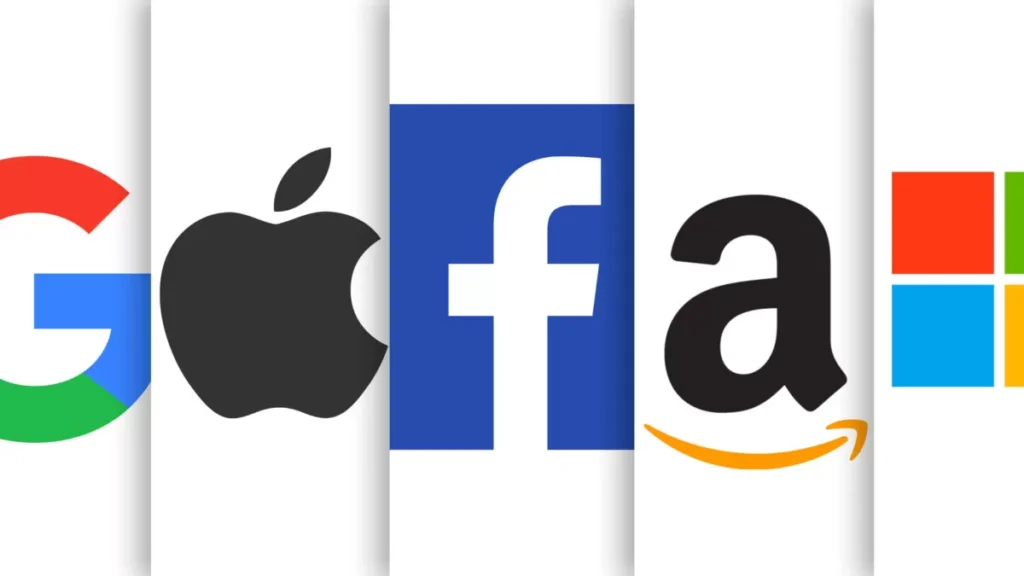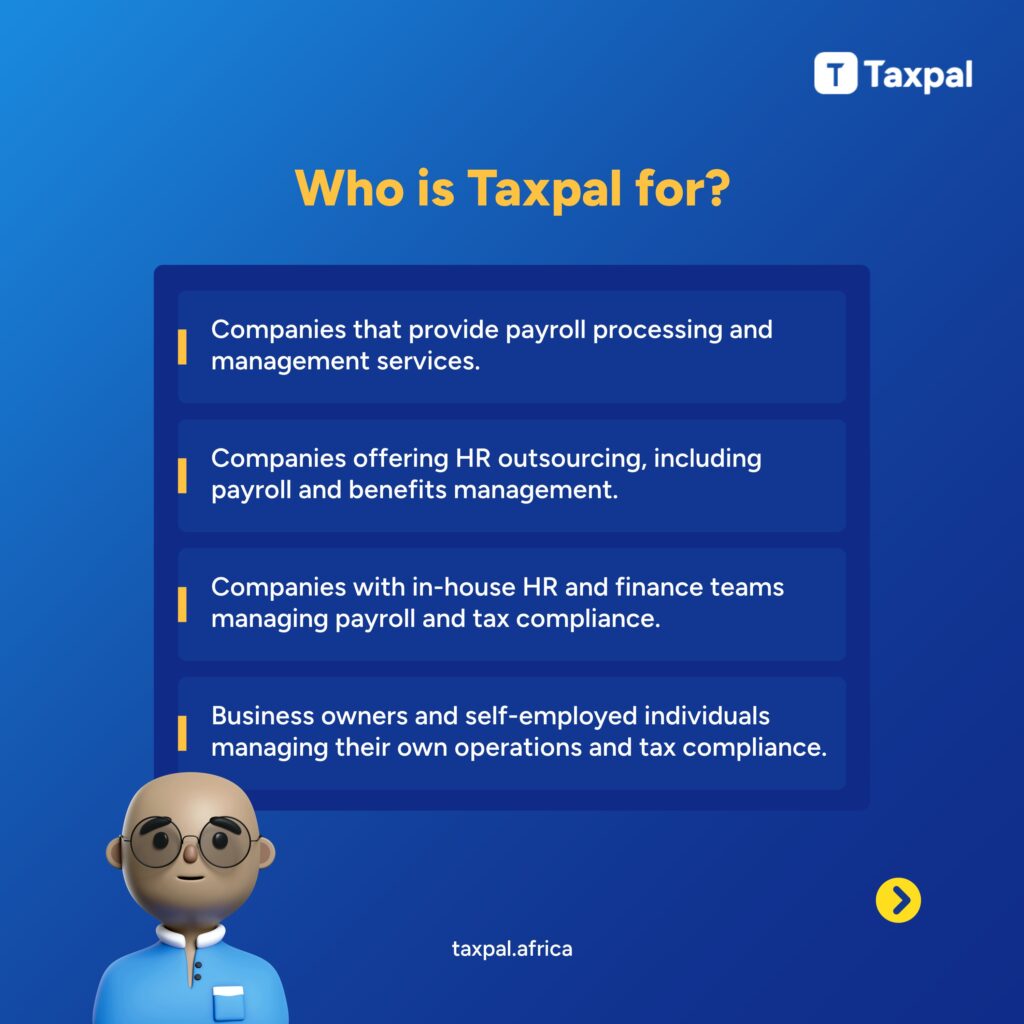The new Nigeria Tax Act, 2025 has changed the way companies that provide digital services contribute to Nigeria’s tax revenue, with a groundbreaking concept called Significant Economic Presence (SEP). This represents a fundamental shift in how Nigeria thinks about taxation in the digital age.
Here’s a breakdown.

How Things Used to Work
A streaming service based in London has millions of Nigerian subscribers paying monthly fees. A cloud storage company in California provides services to thousands of Nigerian businesses. An e-commerce platform in Singapore processes countless transactions from Nigerian buyers. For years, these companies made substantial profits from Nigerian customers while contributing virtually nothing to Nigeria’s tax revenue.
Traditionally, for a foreign company to owe taxes in Nigeria, it needed what’s called a “permanent establishment” (PE). PE essentially required a physical footprint like an office, factory, or branch. No building, no staff, no tax obligations. This made sense when business was mostly about physical presence, but it’s completely outdated in our digital world.
Global tech companies exploited this loophole for years. They could serve millions of Nigerian customers, generate enormous revenue from the Nigerian market and legally avoid paying taxes here simply because they had no physical office in the country.
The New Reality: Economic Presence Matters More Than Physical Presence
Significant Economic Presence flips this logic on its head. The new law says: if you’re making significant money from Nigerian customers, you have an economic presence in Nigeria. And that’s enough to create tax obligations here. This recognizes how modern business actually works. In today’s economy, a company can have a deeper economic relationship with Nigeria than many local businesses, even without a single employee on Nigerian soil.
The old rule made sense when the economy revolved around tangible goods and physical production. But the digital economy quietly subverted it. In country with over 122 million internet users and one of Africa’s largest youth streaming audiences, this framework had become absurd. That vacuum created an asymmetry that was not only fiscal but moral: Nigerian startups were taxed at 30%, while global digital giants who, while earning from the same customers, paid zero.
Who Does This Affect?
The rules apply most strongly to companies that thrive in digital intermediation, content delivery and cloud infrastructure.
- Streaming Platforms like Netflix, Amazon Prime, Youtube, Spotify, Disney+, and others earning recurring subscription fees from Nigerian users.
- E-commerce and Marketplaces including Amazon, AliExpress, Jumia, or its foreign-incorporated divisions and all other companies that process transactions involving Nigerian buyers or sellers.
- Digital Advertising like Google Ads, Facebook Ads, TikTok Business Suite and similar platforms that earn commissions from targeting Nigerian audiences.
- Cloud and Software Services including Microsoft Azure, AWS, and SaaS companies that offer hosting, storage and analytics to Nigerian firms.
- Gig Platforms, including Upwork, Fiverr, Freelancer and international ride-hailing or delivery apps earning commissions from Nigerian activity.
FIRS estimates that such companies collectively extract between ₦1.5 trillion and ₦2 trillion in annual digital service revenue from Nigeria. Until now, much of that value escaped taxation.
The law creates two pathways to SEP status. One is the Revenue Threshold. According to the new law, if a foreign company earns above a certain amount from Nigerian users (the specific threshold will be set by regulation), it automatically has SEP. The second is Sustained Digital Interaction. According to this pathway, even without hitting the revenue threshold, a company can have SEP if it maintains continuous digital engagement with Nigerian customers
The beauty of this approach is its flexibility. It captures both the large global platforms and the smaller specialized services that might not hit high revenue numbers but still have meaningful economic relationships with Nigerian users.
What Triggers SEP Status?
Once a company meets SEP criteria, it must register with the National Revenue Service (NRS) which replaces the FIRS, file annual corporate returns, and pay corporate income tax at 30% on its Nigeria-sourced profits. In addition:
- There is now a 4% minimum tax on turnover for foreign digital companies with SEP but low declared profit margins that prevents profit-shifting and aggressive accounting.
- Nigerian payers of foreign services (companies or individuals) must withhold 10% of payments as withholding tax, which can be credited to the foreign company’s final tax liability.
If the foreign company fails to file returns, the NRS can make a deemed assessment of profits based on estimated Nigerian turnover, an enforcement tool that modelled after the OECD’s BEPS (Base Erosion and Profit Shifting) framework.
For Nigerian Businesses Working with Foreign Platforms
For Nigerian companies, SEP creates new compliance obligations. Paying foreign vendors without proper withholding now carries personal liability. For instance, a Nigerian firm paying ₦20 million to a cloud service provider abroad must withhold ₦2 million (10%) as tax and remit it locally. Failure to do so can result in penalties of up to 10% of the unpaid tax plus interest under Section 78(5) of CITA.
For consumers, SEP may translate into modest price increases. If Netflix passes on its new tax burden, a ₦3,600 subscription could rise to roughly ₦3,800. But these increases also translate into revenue that funds infrastructure, digital regulation and innovation support. In the long term, the Significant Economic Presence regime may create a more level playing field that allows compliant local platforms to compete more fairly with global giants.
To be sure, implementing SEP will not be seamless. Enforcement would ultimately depend heavily on international cooperation, data-sharing agreements, and platform transparency. Many global firms may initially resist or restructure their billing models through third countries to minimize exposure. But the principle is now set in stone: digital commerce must pay its dues to the societies that sustain it.
Nigeria’s challenge will be building the technical capacity within the NRS to monitor cross-border data flows, digital ad transactions, and revenue remittances with precision. Already, the NRS has begun collaborating with banks, telecoms and fintechs to identify digital revenue streams.

How Taxpal Can Help
Navigating Nigeria’s new SEP rules can be complex, especially for foreign companies unfamiliar with local requirements. Taxpal provides comprehensive support for international businesses, including SEP assessments, registration assistance, compliance monitoring and ongoing tax management.
Visit their website to explore their consultation services and portal access options. Whether you’re entering the Nigerian market or need to comply with new SEP requirements, they’ll help you navigate the system efficiently and legally.












